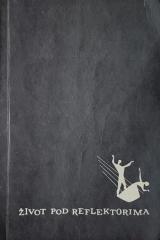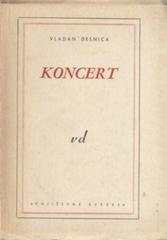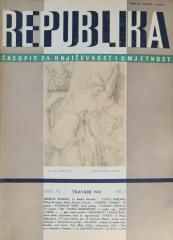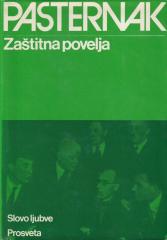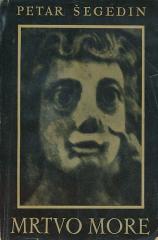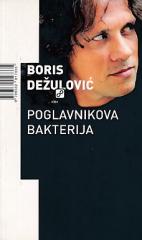
Proljeće u Badrovcu
Zbirka „Proljeće u Badrovcu“ (izdana u Beogradu 1955. kod Prosvete, reprint u Zagrebu kod SKD Prosvjete 2019.) okuplja pripovijetke koje Desnica je pisao u 1950-ima, fokusirane na dalmatinsko selo u poslijeratnom kaosu.
Ključne pripovijetke iz ove zbirke uključuju naslovnu i nekoliko drugih koje se bave temama prolaznosti, patnje i traumama običnih ljudi nakon okupacije i ratnog razaranja.
- „Proljeće u Badrovcu“: Najpoznatija i najduža u zbirci, smještena u dalmatinskom selu Badrovac u proljeće 1945., neposredno nakon oslobođenja. Kroz fragmente svakodnevnog života – šaputanja u kafani, susrete na putu, igru djece – Desnica prikazuje kolektivnu traumu rata. Napetost raste kroz glasine o osveti, ali završava simbolički: djeca se igraju na groblju, a proljeće donosi samo lažnu nadu. Pripovijetka je antologijska, često citirana za ironiju i lirizam (npr. opis oronulih kuća „u fortici“).
- „Od jutra do mraka“: Dnevnik jednog dana seljaka koji radi na polju, promatrajući promjene u selu poslije rata. Desnica koristi unutarnji monolog da istraži rutinu kao bijeg od boli – junak se bavi maštanjima, ali stvarnost (nestali susjedi, strah od novih vlasti) ga sustiže. Ključna je tema: život kao beskrajni ciklus rasipanja i gubitka, bez herojstva. Kritičari ističu ovu pripovijetku kao primjer Desničine „zgusnute opservacije“.
- „Florjanović“: Priča o starom ribaru Florjanoviću koji se suočava s gubicima: sin poginuo u ratu, kuća razorena. Kroz njegov razgovor s unukom, Desnica razotkriva generacijski jaz i egzistencijalnu usamljenost. Ribar „gleda“ more kao metaforu prolaznosti, s elementima lirskog realizma. Ova pripovijetka naglašava Desničinu empatiju prema marginaliziranim likovima, gdje patnja nije dramatizirana, nego prikazana u tihoj neizbježnosti.
- „Konac dana“: Večernji prizor u selu: grupa muškaraca u kafani razgovara o prošlosti, ali razgovor se raspadne u tišinu. Desnica koristi dijalog da pokaže kako rat ostavlja emocionalnu pustoš – riječi su prazne, a sjećanja bolesna. Završava sumrakom koji simbolizira kraj ere. Ova minijatura je primer Desničine ekonomičnosti: kratka, ali duboka, s fokusom na „esencijalne trenutke“.
- „Oko“: Eksperimentalnija pripovijetka o promatraču (možda luđaku ili umjetniku) koji „vidi“ selo kroz jedno oko, simbolizirajući djelomičnu sljepoću prema istini. Kroz fragmente vizija – ratne ruševine, cvjetanje maslina – Desnica istražuje percepciju stvarnosti. Tema je saznanje o boli: život nije mašta, nego „rušenje i gubljenje“. Ova priča povezuje se s Desničinim esejističkim stilom, gdje je opservacija „izbirljiva i lucidna“.
To su samo neke od pripovjetki koje čine mozaik zbirke: Badrovac kao mikrokozmos poslijeratne Europe, gdje proljeće simbolizira lažni ponovni početak. Kraj rata možda donosi oslobođenje, ali ne i mir. Desnica piše s ironijom i filozofskom dubinom, utjecan verizmom i egzistencijalizmom, izbjegavajući partizansku didaktiku.
Angeboten wird ein Exemplar
